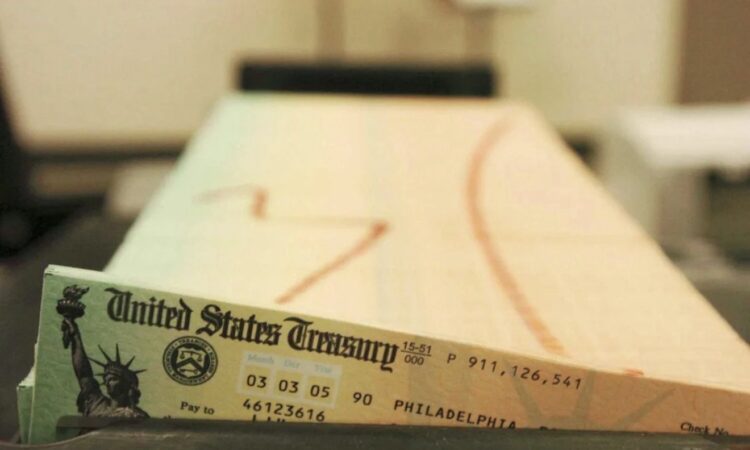Social Security rule means no checks will be paid out to Americans in November Because Of This Reason

Due to how the calendar falls this year, millions of Americans who rely on Supplemental Security Income (SSI) will not receive a check in November — but that doesn’t mean they’re losing money. It’s simply a scheduling adjustment made by the Social Security Administration (SSA) when payment dates fall on weekends or federal holidays.
Typically, SSI payments go out on the first day of each month. However, in November 2025, the 1st falls on a Saturday, and the SSA doesn’t issue payments on weekends. Instead of delaying the payment, the SSA moves it up to the previous business day, which this year is Thursday, October 31 (Halloween).
That means eligible SSI recipients will receive two payments in October: one on October 1 and another on October 31, but no payment in November. It’s important to understand that this isn’t extra money — it’s just the November payment being sent early.
This type of situation isn’t unusual. The SSA uses a fixed payment schedule, and every so often, months like August, October, and December become “double payment months” when a holiday or weekend disrupts the normal pattern. For example, the same thing happened earlier this year when September’s payment came on August 29, due to Labor Dayfalling on September 1.
In total, about 7.4 million Americans receive SSI. These payments go to people with limited income and resources who are either over 65, blind, or disabled. Children with qualifying disabilities can also receive SSI. As of 2025, individuals can receive up to $967 per month, while married couples can receive up to $1,450 — though actual amounts vary based on income and other factors.
October will feel like a financial boost for some households, with up to $2,900 in total SSI payments — but again, it’s just the October and November payments combined.
Another scheduling note: December will also have two payments, with the second arriving on December 31, because January 1, 2026, is a federal holiday (New Year’s Day). That December 31 payment will actually count as the first SSI check for 2026, and it will include the new cost-of-living adjustment (COLA), which is expected to raise benefits by about 2.8%. That would increase the monthly maximum for individuals to around $1,490.
So while there’s no SSI check arriving in November, recipients are not missing out. The SSA is just following its regular policy of adjusting payment dates to avoid weekends and holidays. Still, it’s important for beneficiaries to plan ahead and budget accordingly, especially in months like this when the gap between payments may feel longer than usual.




